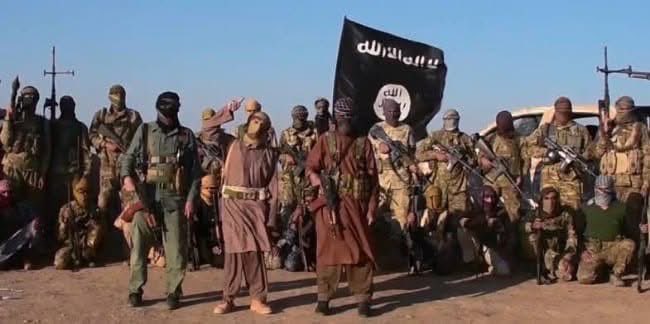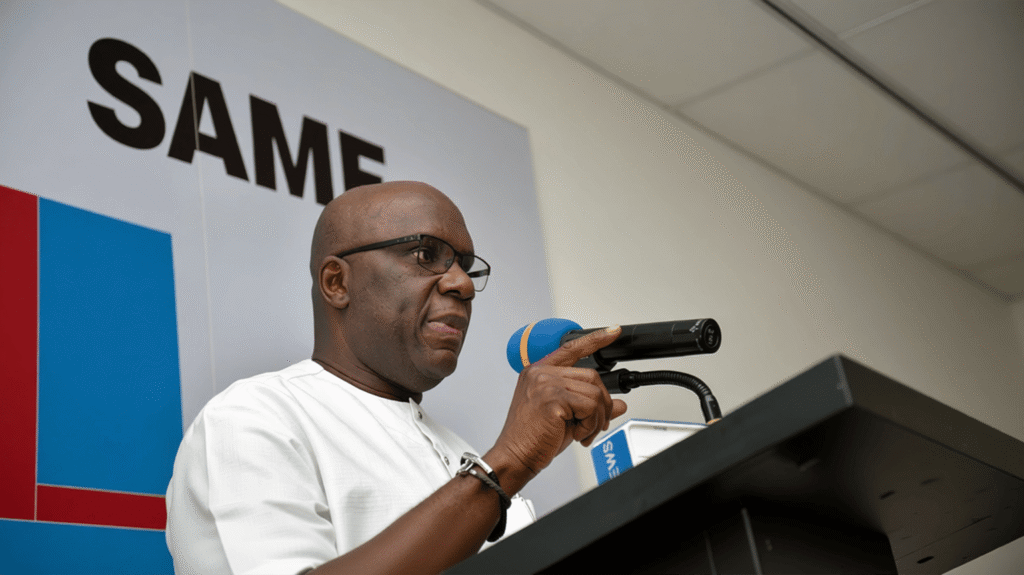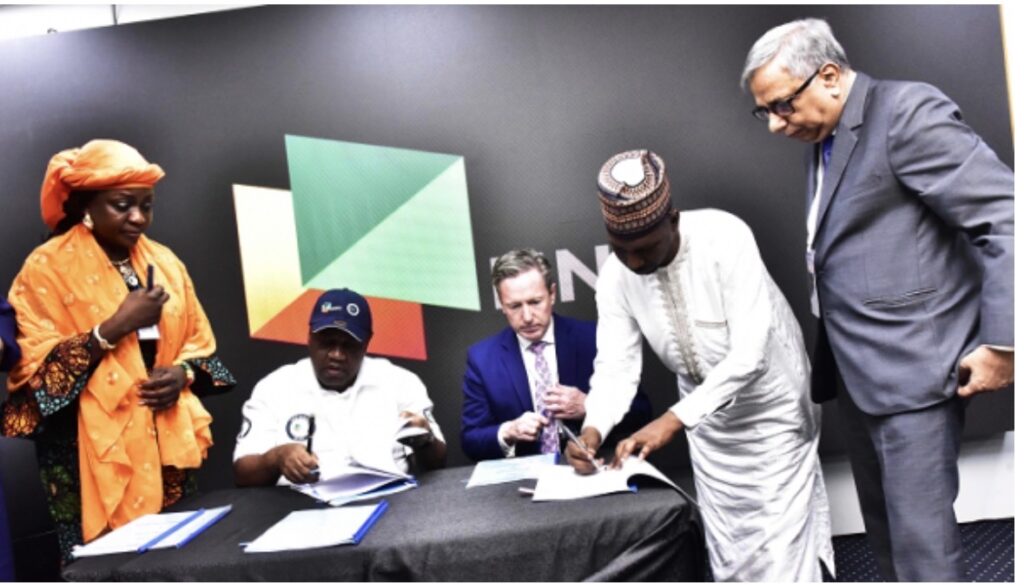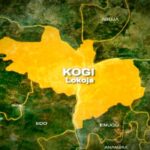Governor Uba Sani Decries Politicisation of Insecurity, Advocates Holistic Strategy
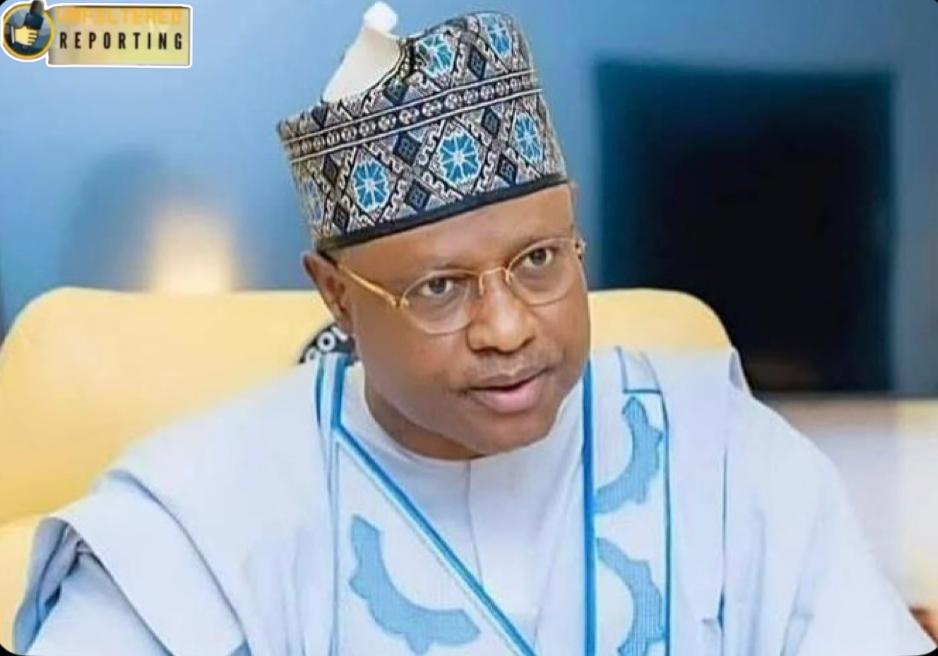
Governor Uba Sani of Kaduna State has taken a swipe at politicians who, according to him, exploit insecurity for political mileage, warning that such tendencies not only trivialise the suffering of citizens but also weaken genuine efforts to restore peace across the country.
The governor made the remarks in Kaduna during the public presentation of Where I Stand, a book authored by the late Islamic scholar Sheikh Abubakar Gumi. Representing President Bola Ahmed Tinubu at the event, Sani emphasised that insecurity must not be treated as a political tool, stressing that addressing the challenge requires sincerity, collective responsibility, and strategic long-term planning. He explained that the security problems confronting the North-West differ from those in the North-East. While the latter is plagued by ideological insurgency from Boko Haram and ISWAP, the North-West is battling banditry driven largely by socio-economic factors. According to him, issues such as poverty, unemployment, illiteracy, and decades of neglect in rural communities have fueled the rise of banditry in the region. “Anyone who claims insecurity can be solved by deploying weapons alone is simply playing politics with people’s lives. Military action is necessary, but it is not sufficient. We must also confront the root causes that drive young people into crime and violence,” the governor said. Highlighting steps taken by his administration, Sani spoke about the Kaduna Peace Model, a framework that combines dialogue, traditional and religious leader engagement, and social investment programmes with targeted security operations. He noted that the initiative is already being implemented in communities such as Birnin Gwari, where dialogue and community-driven solutions are helping to reduce tensions. The governor also raised concern over Nigeria’s limited security manpower, pointing out that the number of security personnel today is grossly inadequate for a country with over 200 million people. He argued that the gap has left rural areas exposed to attacks, despite the sacrifices of security agencies. Sani did not mince words in warning politicians whom he accused of “benefiting from insecurity” by turning it into a campaign issue. He vowed that his administration would resist such acts, stressing that insecurity must be tackled as a collective national problem rather than a partisan weapon. His comments follow recent violent incidents in Kaduna, including an August attack on a coalition event by suspected political thugs, which left several people injured. The development, according to analysts, underscores how political violence and insecurity often overlap in the region. Governor Sani urged both federal and state governments to collaborate closely with local authorities, religious leaders, and community stakeholders to design effective strategies that address the needs of vulnerable populations. He also emphasised that investments in education, job creation, and rural development are critical to achieving sustainable peace. While many clerics and community leaders at the event welcomed his emphasis on dialogue and social investment, opposition voices argued that stronger security operations remain urgent in volatile areas. Nevertheless, the governor’s remarks have reignited national debate on whether insecurity should be confronted primarily through military force or through a broader, integrated approach.


